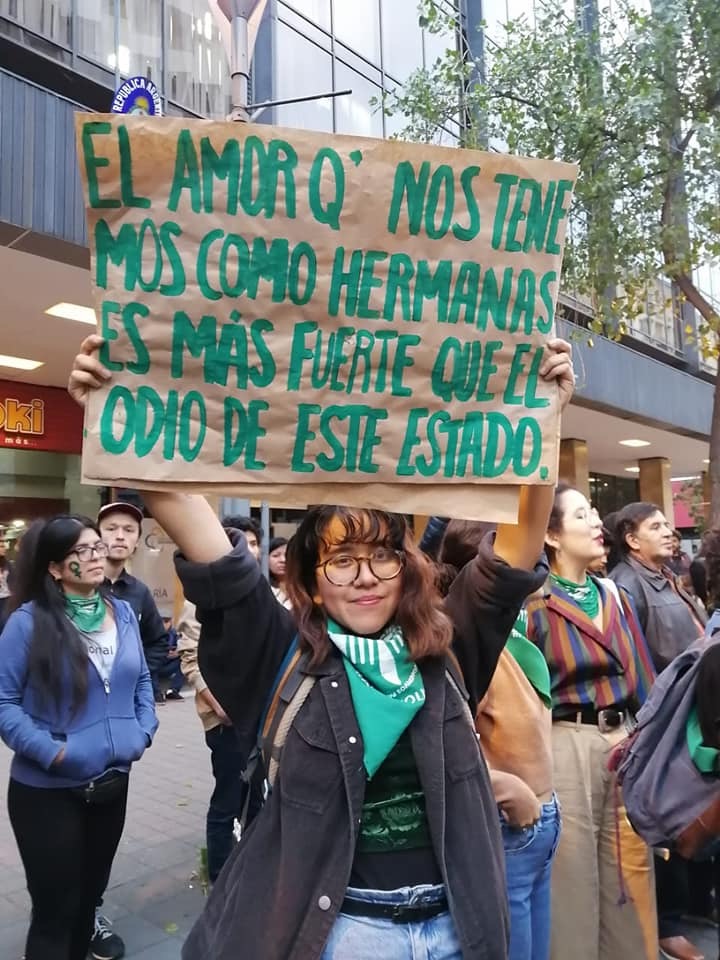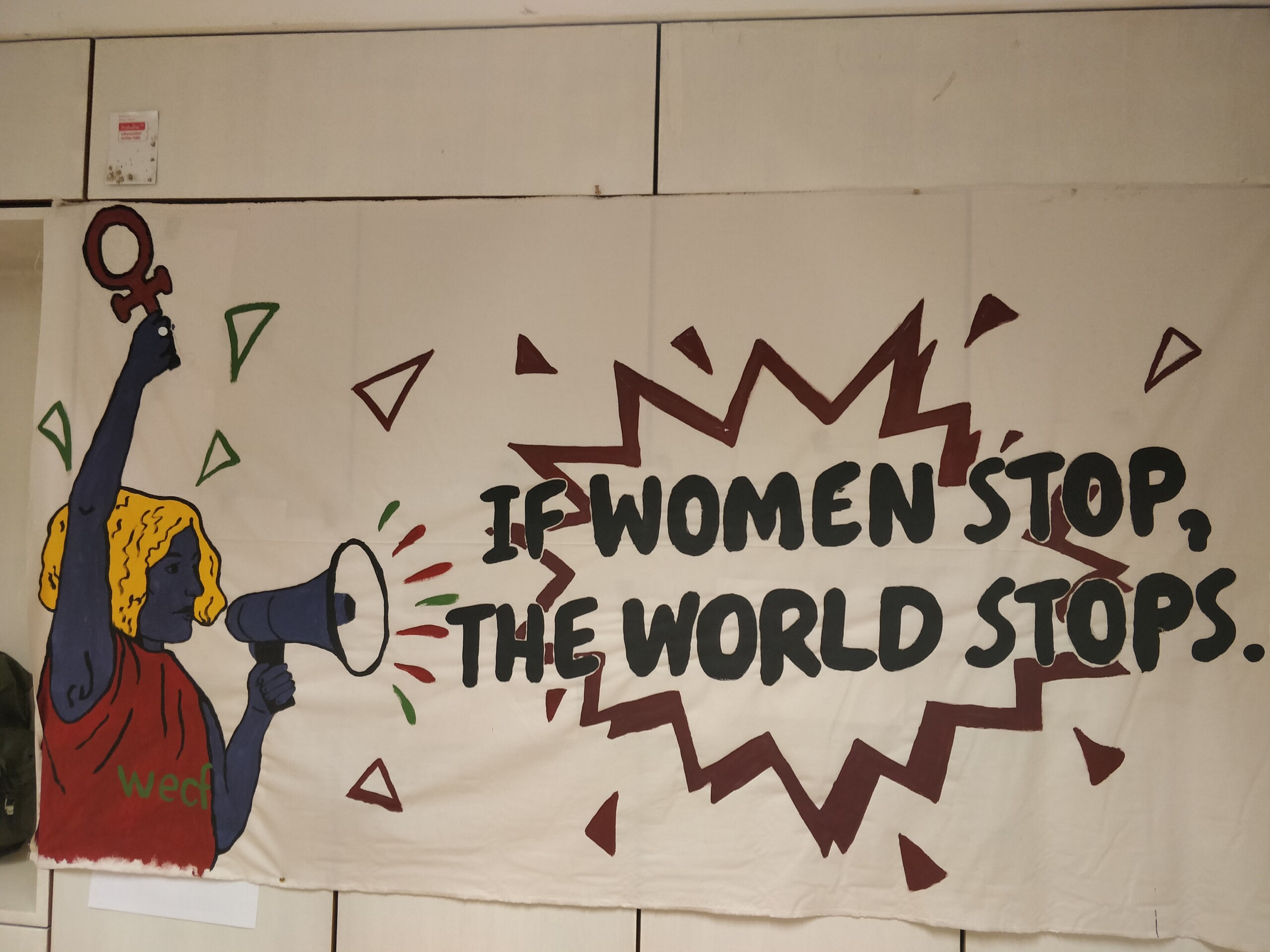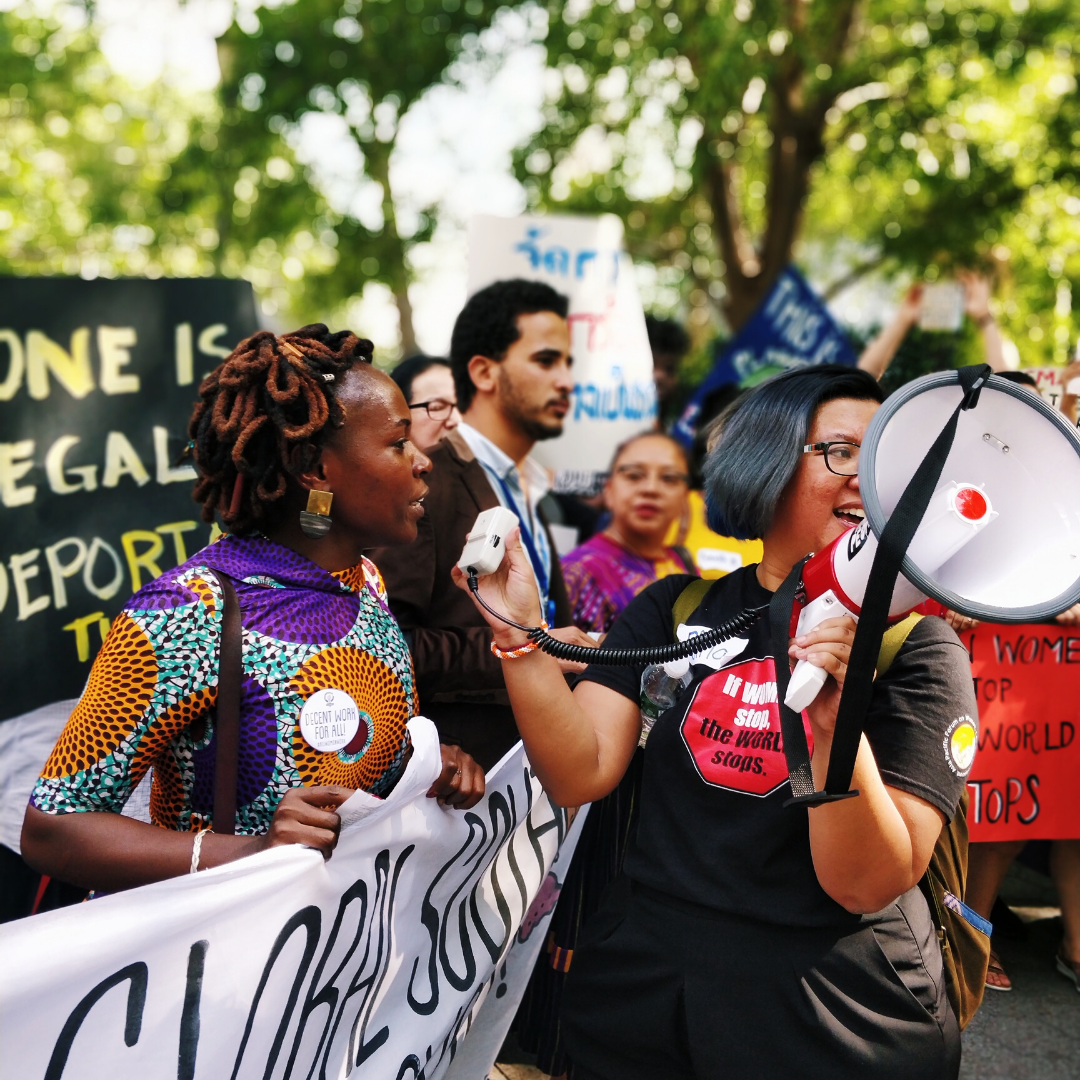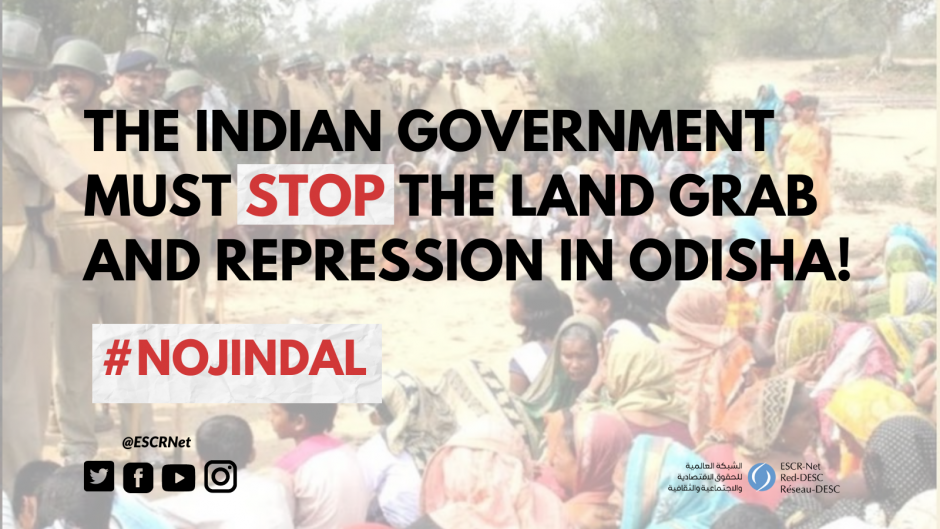In time for the International Women’s Day, women across the world reaffirm that they are a powerful force to be reckoned with as they collectively fight against oppression and break down systemic and structural barriers.
In the face of the pandemic, women in all their diversity – in the unions and factories, in farms and indigenous communities, in urban poor centres, in structured organisations or informal movements – continued to mobilise and put themselves at the forefront of the fight against COVID-19. While continuing their ongoing, and the struggle against the deepening political and socio-economic crises inherent to a patriarchal, colonial, racist and imperialist system.
Despite governments’ failed responses and lack of accountability, globally, women demonstrated their resistance against rising authoritarian and militaristic pandemic responses by leading initiatives for their communities. Women have led community kitchens and pantries, and provided meals and aid to poor, jobless, and neglected individuals within their communities. They responded to the needs of women who were subjected to various forms of violence, all the while defending themselves from unabated attacks. Indigenous women defended their ancestral lands amid intensified militarisation during lockdowns. Women human rights defenders face violence perpetrated by state forces and large corporations.
Even in the face of multiple crises, women have resisted and flourished. Through collective action, we remain and continue to strike.



